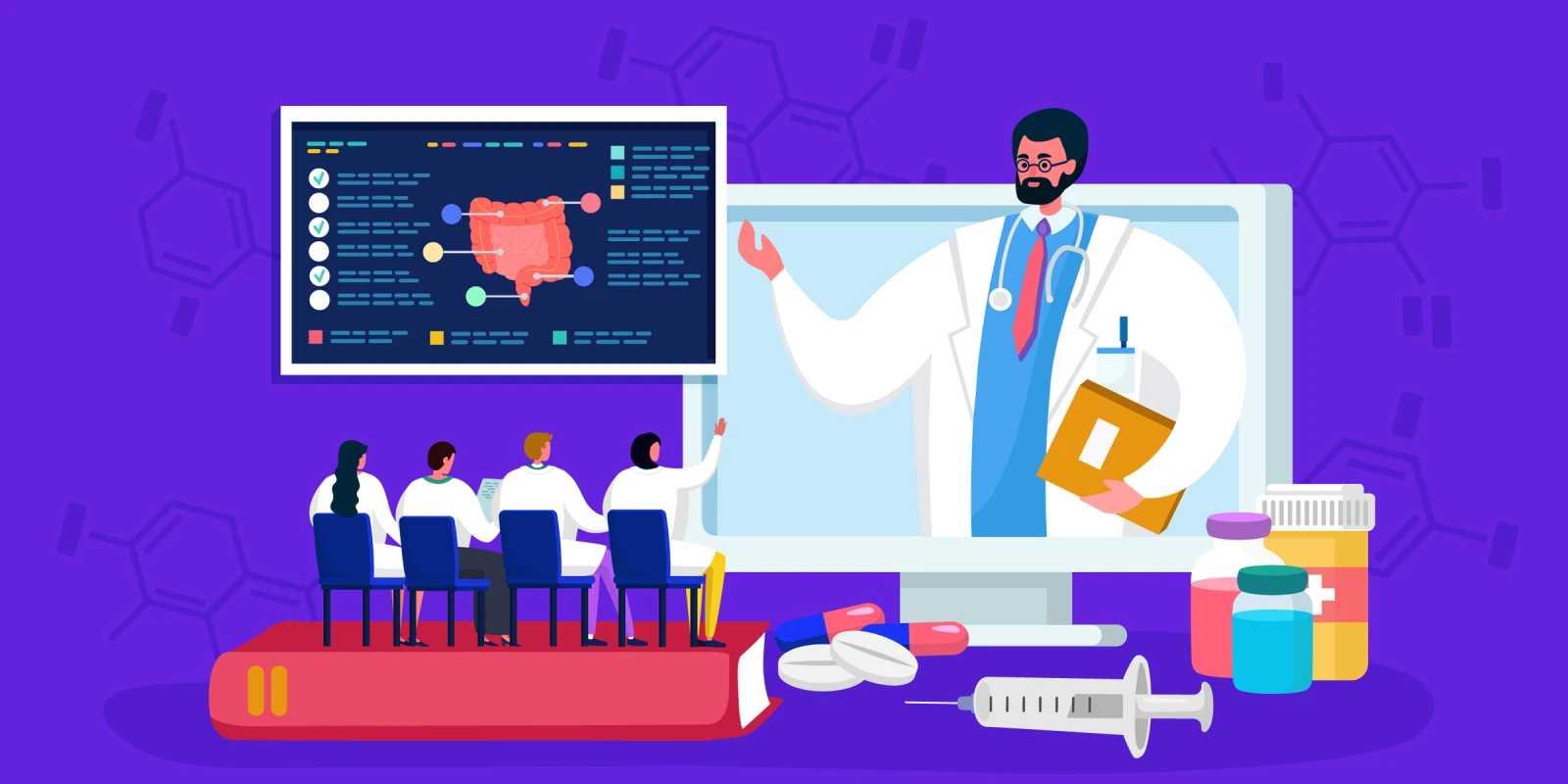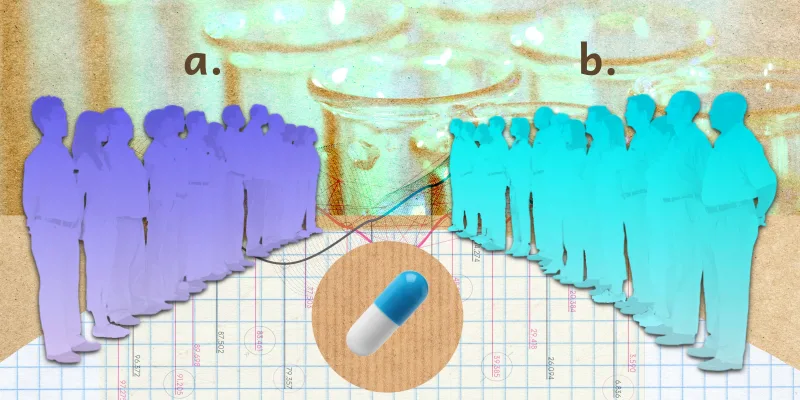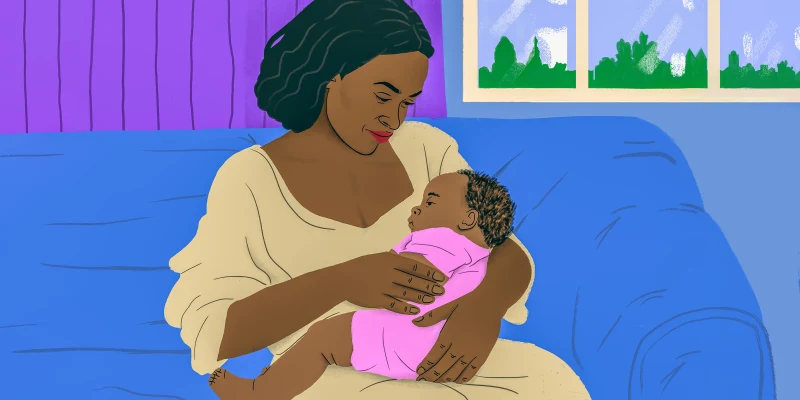As I am rotating off as Neurogastroenterology and Motility Section Chair, it was nice to reflect on the Digestive Disease Week 2021. I had the unique opportunity to be involved with DDW program planning both before and after the pandemic. Overall, I was extremely pleased with the conference this year, and — despite some minor hiccups with the virtual platform — I came away with three really important thoughts that I will share:
- The virtual format was not that bad, and — in fact — I enjoyed it. Although I would have loved to see my friends and colleagues in person, the format was very fluid, and it was nice to go back and see the talks that I missed from other colleagues. It also allowed me to see all of my mentees and trainees speak, as you can now work around the competing activities that usually make DDW somewhat chaotic. Some of my highlights were:
- I was able to see my mentor, Peter Kahrilas, receive the Beaumont Prize virtually through the AGA’s online award ceremony. Despite the virtual platform, it was an extremely personal event with his family and close friends reminiscing about Peter’s exploits over the years. I was surprised by how much fun it was despite not seeing people in person.
- Continuing conversations were great, and were a much more casual format for the presenters to discuss their results. I felt that this took some of the pressure off of the younger faculty and trainees who typically present these studies in front of large intimidating crowds. These discussions were much more intimate and informative.
- I am excited for our younger generation of researchers.
- Using my interactions across the Neurogastroenterology & Motility sessions as my main reference, I can say that I was extremely encouraged and proud of the young researchers who will eventually take over our field. It was nice to see the diversity in the younger generation, and although I still think we need to do better at promoting diversity, there has been an incremental improvement. The younger generation of scientists are poised to definitely make things more equitable, and they will make major advances as they continue to grow with science.
- Technology is changing more rapidly than ever.
- I was interested in how machine learning and artificial intelligence permeate every facet of research in digestive diseases. These approaches will undoubtedly help improve our knowledge by seeing things we are unable to see and helping us better understand the large amount of data generated by the “omics” boom. This is being applied not just to gene expression but also to clinomics and physiomics, as we are frequently using these tools to interrogate large databases and huge raw datasets from physiological studies.
So, as I leave DDW this year by shutting down my computer instead of rushing for a plane, I have the same invigorated energy that comes from learning from my colleagues and witnessing their success. I still hope to see everyone next year in person, as machines will never replace humans.
Collage by Diana Connolly / KittyVector / BRO.vector / Shutterstock






